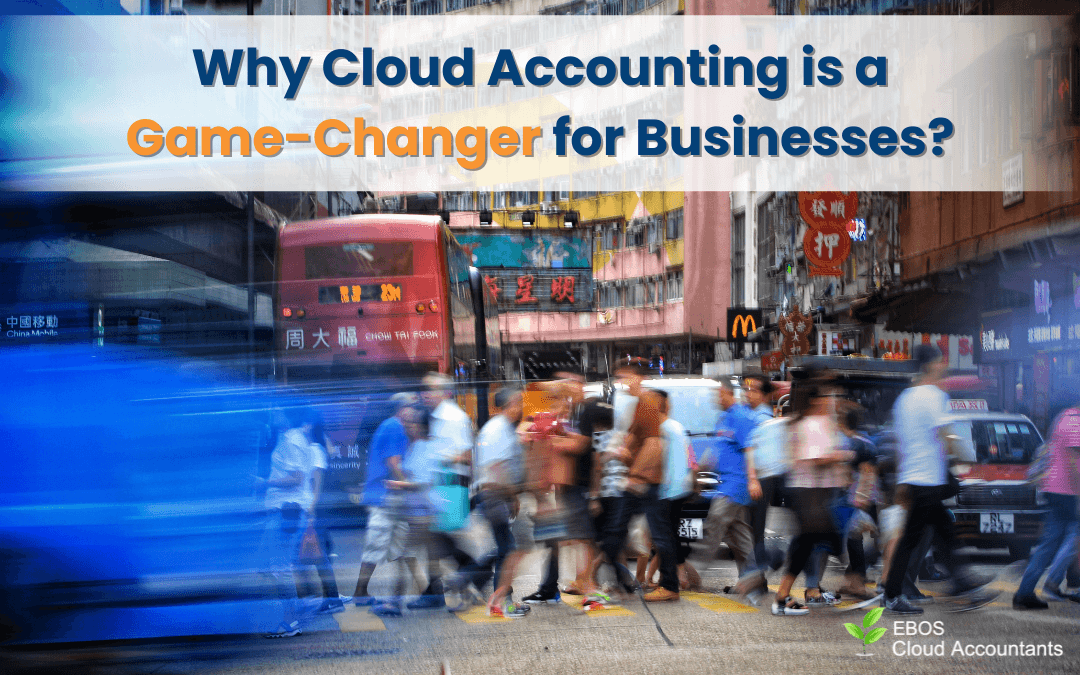In the digital age, companies are increasingly turning to cloud-based solutions to streamline operations and improve productivity. Among these advancements, cloud accounting has emerged as a game changer, transforming how businesses handle their money. Here’s why cloud accounting is a game changer for businesses of any size.
1. Real-Time Access and Automation
One of the most major benefits of cloud accounting is the ability to view financial data in real time, from any location with an internet connection. This accessibility enables business owners and accountants to rapidly monitor cash flow, manage spending, and update records. Automated operations, such as transaction recording and invoice production, decrease human entry, lowering mistakes and saving time.
2. Cost-Effective and Scalable
Traditional accounting software frequently demands significant upfront hardware and licensing expenses, as well as continuous maintenance costs. Cloud accounting, on the other hand, is often offered on a subscription basis, allowing firms to pay only for what they use. This flexibility enables businesses to grow their operations, adding or deleting capabilities as their needs change without incurring major additional expenditures.
3. Enhanced Security and Compliance
Financial data security is of the utmost importance. Cloud accounting systems spend extensively in security measures including encryption, multi-factor authentication, and frequent security upgrades to ensure that sensitive data is secure. Additionally, these systems frequently assist organisations in remaining compliant with changing financial requirements by automatically updating tax rates and other compliance-related data.
4. Improved Collaboration and Integration
Cloud accounting improves cooperation among teams, accountants, and other stakeholders. Multiple users may access and work on the same data at the same time, which is very valuable for firms with remote or geographically distributed teams. Furthermore, cloud accounting software may be readily integrated with other business tools such as CRM systems, payroll software, and banking applications, resulting in a streamlined workflow and a complete picture of the company’s financial health.
5. Data Analytics and Reporting
Cloud accounting also provides advanced data analytics and reporting capabilities. Businesses may easily produce thorough financial reports, estimate future trends, and analyse performance measures. These insights allow better decision-making, assisting firms in optimising their plans and driving development.
6. Environmental and Operational Efficiency
Cloud accounting helps to reduce the need for physical documentation and storage, resulting in more environmentally friendly corporate operations. Furthermore, reducing manual procedures and paper handling increases operational efficiency, allowing employees to focus on more strategic activities rather than mundane data input and paperwork.
Conclusion
In today’s fast-paced corporate climate, being competitive requires harnessing cutting-edge technology to increase productivity and decision-making. Cloud accounting provides a robust, versatile, and secure solution that addresses these requirements, making it a game changer for organisations wishing to streamline their financial operations and gain a competitive advantage. As more businesses use cloud-based solutions, those who rely on traditional techniques may find themselves at a disadvantage. The cloud is the future of accounting, and firms who embrace it will be successful.
If you need assistance with cloud accounting, reach out to EBOS Cloud Accountants. For any inquiries regarding EBOS cloud accounting services, please get in touch with us immediately.







